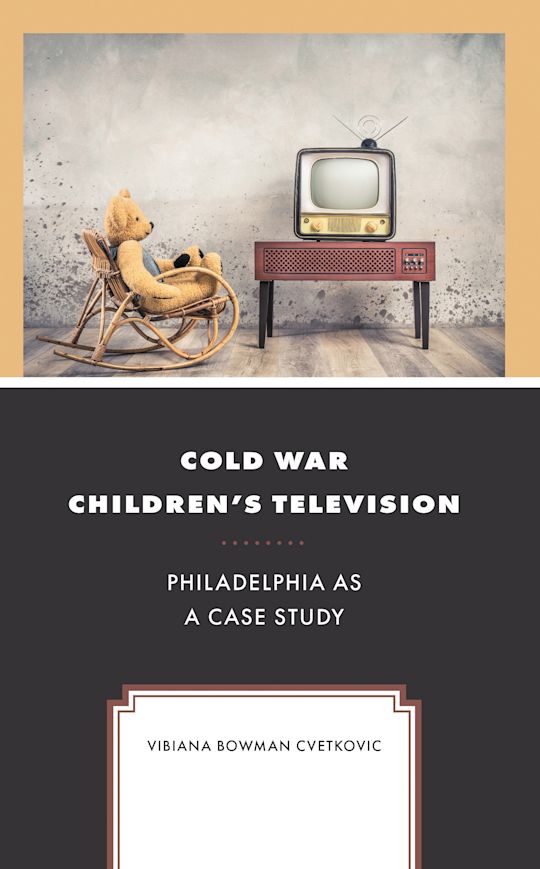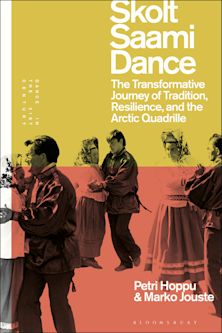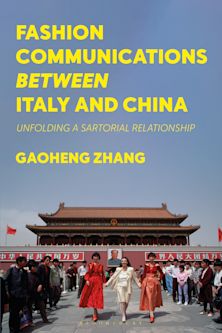- Home
- ACADEMIC
- Anthropology
- Cultural Anthropology
- Cold War Children's Television
Cold War Children's Television
Philadelphia as a Case Study
Cold War Children's Television
Philadelphia as a Case Study
You must sign in to add this item to your wishlist. Please sign in or create an account
Description
Cold War Children's Television: Philadelphia as a Case Study examines a culturally significant phenomenon of the Cold War—the locally produced hosted children's show. The Cold War era and the coming of age of commercial television were entwined not only chronologically but societally. The era of the locally produced hosted show closed in the wake of Sesame Street due to shifts in social policy, industry economics, and rising expectations for children programming. Through the lens of cultural and historical analysis, this book reveals that beyond that nostalgia lies a vital visual form that thrived in the Cold War era; one that reflected the ideals of childhood, media, and nation of a societal terrain from which the American children's television host emerged.
Table of Contents
Chapter Two: Sex, Sally Starr, and the Paradox of the American Cowgirl
Chapter Three: Pixanne, Class, and the Cold War American Childhood
Chapter Four: Gene London, Cold War Masculinity
Chapter Five: Chief Halftown, Race, and Nostalgia
Coda: The Demise of Hosted Shows
Product details
| Published | Oct 16 2023 |
|---|---|
| Format | Ebook (Epub & Mobi) |
| Edition | 1st |
| Extent | 172 |
| ISBN | 9781666927931 |
| Imprint | Lexington Books |
| Illustrations | 1 tables; |
| Series | Children and Youth in Popular Culture |
| Publisher | Bloomsbury Publishing |
About the contributors
Reviews
-
Smart and bold in its claims, Vibiana Cvetkovic's book invites us to view early children's tv hosts from the lens of today. Hosts at once conformed to familiar roles and troubled them. Neither completely male nor female, adult nor child, teacher nor entertainer, parent nor friend, counselor nor salesperson... hosts were rather like 'impossible burgers' today. People wanted them to pass for a suburban bbq, but they nevertheless gently transformed the midcentury landscape with new possibilities and appetites.
Holly Blackford Humes, Rutgers University

ONLINE RESOURCES
Bloomsbury Collections
This book is available on Bloomsbury Collections where your library has access.



































